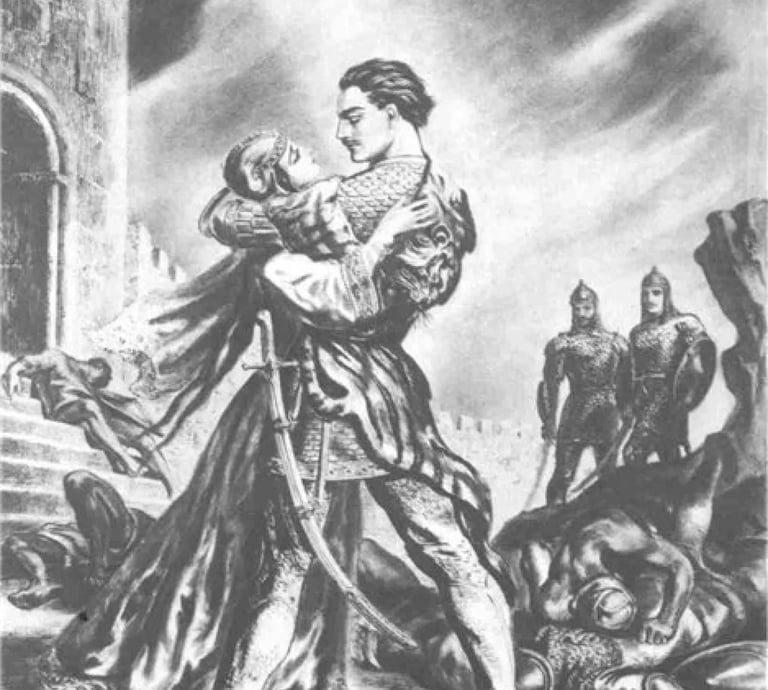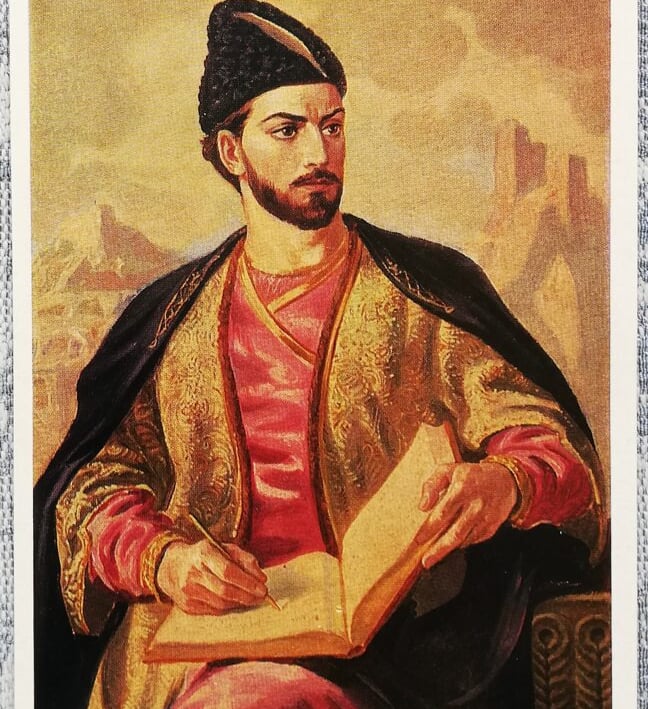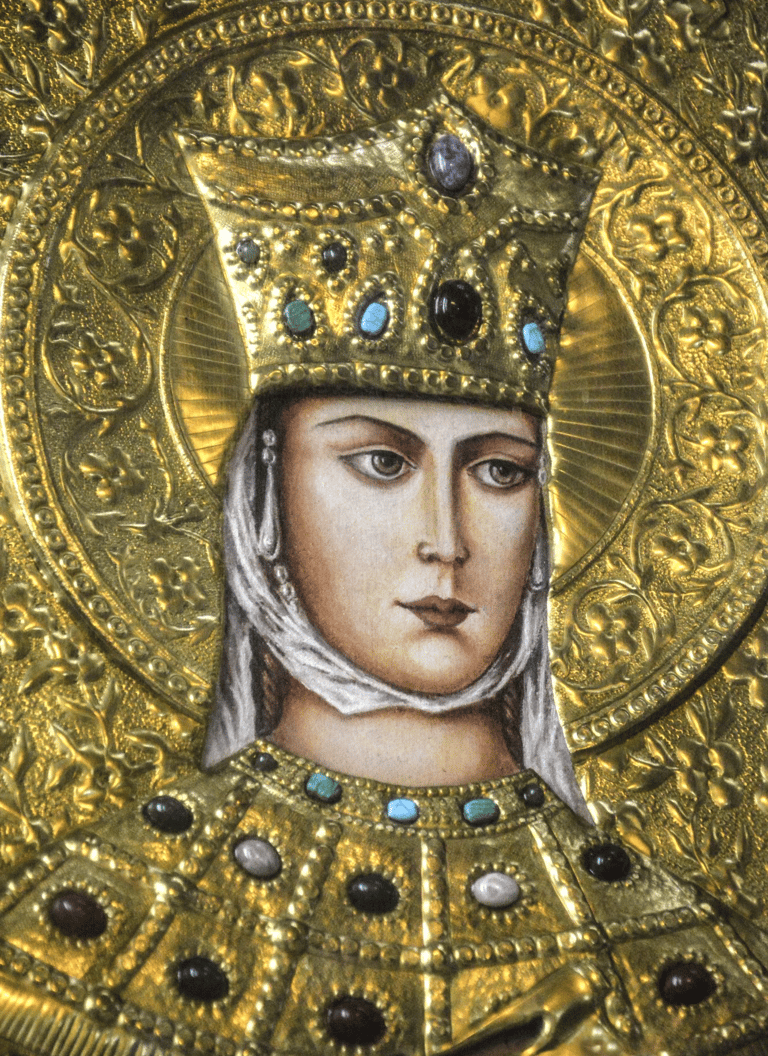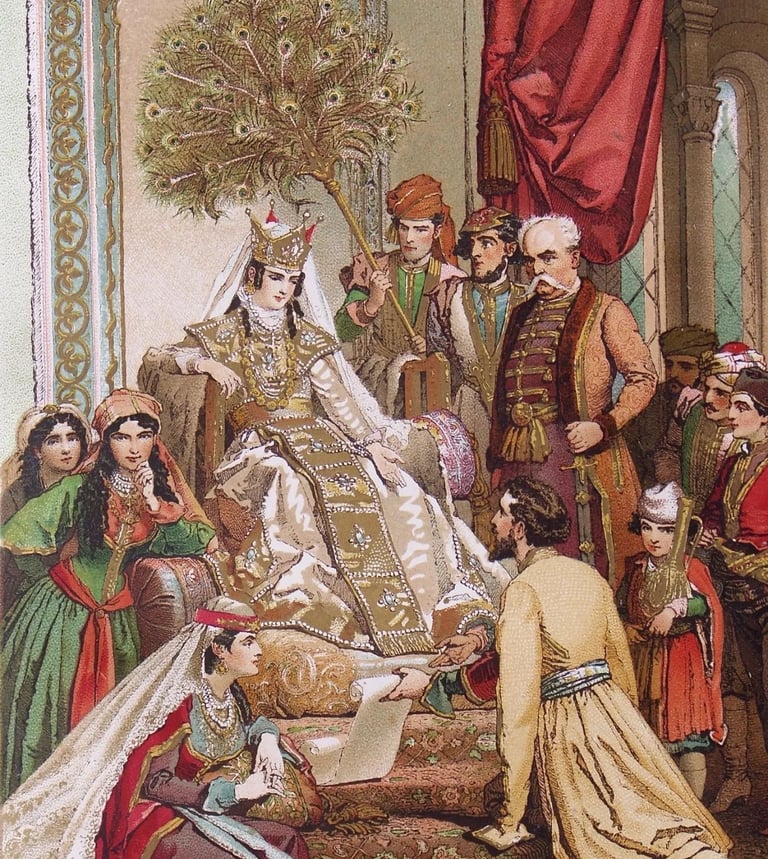This website exists for one purpose: to reach visionary filmmakers — and place PantherClad in their hands
The 12th-century Georgian masterpiece by Rustaveli
PantherClad is rooted in one of the greatest epic poems of all time:
Shota Rustaveli’s The Knight in the Panther’s Skin — Georgia’s sacred literary treasure.
But this is not a retelling.
It’s a transfiguration.
If Rustaveli’s epic is the Old Testament, then PantherClad is its spiritual echo — its New Testament.
Not in contradiction — but in revelation.
Both speak of the same God.
But now we see Him through new light, new skin, new fire.


Reunion of Tar’El and Né: A bittersweet homecoming after decades apart.
About the One Who Wrote Before Me
In the 12th century, Shota Rustaveli lit the torch of Georgian literature with The Knight in the Panther’s Skin — an epic of chivalry, friendship, divine love, an inner sovereignty, a scripture of courage, a coded vow written in golden rhyme, declaring that nobility lies not in blood, but in the soul that dares to love beyond the law.
Rustaveli dreamed a world before its time:
Where woman and man walk as equals,
Where valor bows to mercy,
Where the heart governs the blade.
His verse carved a spiritual homeland that survived kingdoms, empires, and erasures — a mirror held up to Georgia’s eternal soul. He was not only a poet of a nation, but a prophet of the human ascent.






Rustaveli is traditionally believed to have presented his epic poem, "The Knight in the Panther's Skin," to Queen Tamar.
Tamar the Great reigned as the Queen of Georgia from 1184 to 1213, presiding over the apex of the Georgian Golden Age.